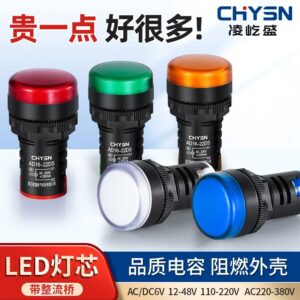Description
====Packing List====
- Development board
- USB power cable
- USB Blaster Downloader
- Serial line
- 2.54 double row needle

On-board resources:
- The main chip adopts Altera’s cost-effective and low-power CPLD: EPM7128SLC84
- The development board is powered by a DC5V±10% power supply, and the no-load current is 0.08 A±10%
- The output level of the I/O port is TTL
- Welding a 50MHz active crystal oscillator
- Global clock welding GCLK1
- All CPLD chip pins are led out for user input and output
- There are two power supply interfaces: 1 USB interface and 1 DC5V power supply interface (Note: they cannot be connected at the same time)
- 1 power switch
- 1 red power indicator light, which is convenient for checking whether the power supply of the circuit board is normal
- 1 reset switch
- 8 independent buttons
- 4-bit dip switch
- 1 JTAG interface, which can download logic programs
- 8 LED status indicators
- 4-bit digital tube
- 1 LCD1602 interface (5V)
- 1 buzzer
- 1 PS/2 interface
- 1 serial port
- All I/O ports are led out to facilitate secondary development
- 1 USB cable for power supply of the development board
- 1 serial port cable for serial communication
- 1 USB-Blaster (Altera) downloader
- 4 unsoldered 2×11 2.54mm pitch double-row pins, users can choose the welding method according to their needs (some users need to solder the double-row pins on the front of the circuit board, while some users need to solder the double-row pins on the back of the circuit board)
- One DVD disc, including: Quartus II 9.0 software
- One VCD disc, including one user manual, one verification logic program of all functional modules on the board, one USB-Blaster (Altera) downloader user manual, one MAX7000S series chip datasheet, one optional module datasheet each, and several Verilog classic books




